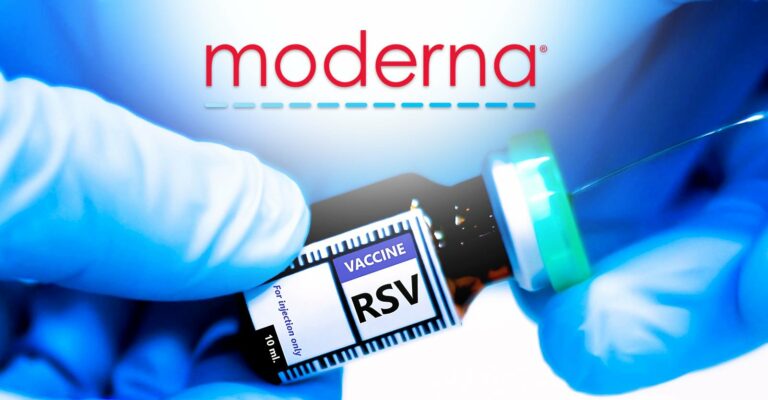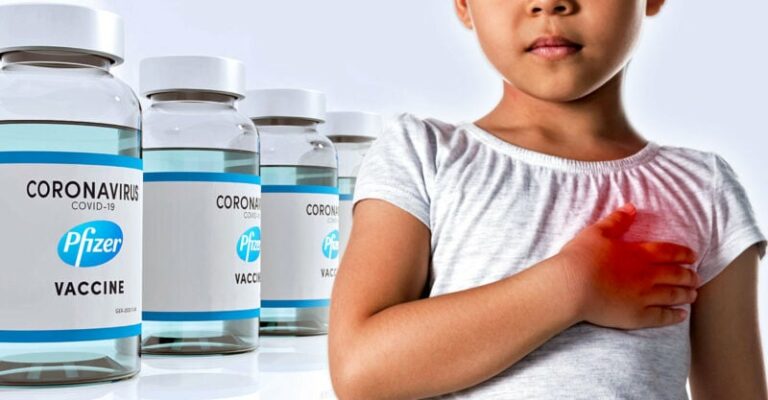Can texting get more black parents to vaccinate teens against HPV? Rutgers gets $600,000 grant to find out
This article was originally published by The Defender – Children’s Health Defence’s News & Views Website.
The U.S. Department of Health and Human Services (HHS) is funding research at Rutgers University on how to increase uptake of the human papillomavirus (HPV) vaccine among black youth, reveal documents obtained by Children’s Health Defense (CHD) through a Freedom of Information Act (FOIA) request.
HHS awarded the three-year, $600,000 grant, which will be administered by the National Cancer Institute (NCI), to Racquel Elizabeth Kohler, Ph.D.
It is one of nearly 50 grants CHD identified in June – totalling more than $40 million – that HHS awarded to universities, health systems and public health departments to increase HPV vaccine uptake among adolescents.
The grant fits into a broader research programme across HHS, including the Centers for Disease Control and Prevention (CDC), which is dedicating hundreds of millions of dollars to create “culturally tailored” strategies to increase vaccine uptake among “vaccine-hesitant” communities of colour.
Kohler’s research seeks to overcome vaccine “hesitancy” by developing text messages, or “tailored interventions”, to send to black families following an HPV vaccine recommendation from their doctor.
The project hypothesises that follow-up tailored text messages will increase confidence in the vaccine and motivate black parents to vaccinate their children.
Kohler, who is also a co-investigator on a Merck grant to study“COVID-19 and vaccine confidence among underserved New Jersey communities”, received the funding as part of the NCI’s Transition Career Development programme, which helps develop skills for early-career cancer researchers.
The approved grant proposal obtained by CHD notes that the study is a response to the Biden administration’s Cancer Moonshot programme, which seeks to halve the number of cancer deaths by 2047.
The National Institutes of Health developed the HPV vaccine technology, which it exclusively licensed to Merck – the only pharmaceutical company licensed to produce the HPV vaccine in the US.
More than 80 lawsuits against Merck are pending in federal courts for vaccine injuries related to the Gardasil HPV vaccine.
The proposal is based on the “announcement approach” developed by Merck consultant
The proposal justifies the research on the basis that black adolescents have the lowest HPV vaccination rates compared to other racial and ethnic groups. But even the meta-analysis that the application cites to support this claim says that the data supporting it is inconclusive.
And recent CDC data actually shows that black adolescents have a higher rate of HPV vaccinations than white and Hispanic adolescents.
The proposal attributes the alleged low HPV uptake rates to the problem of “vaccine hesitancy” among black people, who have “low confidence in vaccine safety, low perceived HPV risk, lack of HPV knowledge, reliance on joint family decisions, high medical mistrust, and racial discrimination experiences” that motivate their vaccination choices.
Other applications analysed by The Defender aimed to develop and test the “announcement approach” as a primary method to overcome vaccine scepticism.
In the“announcement approach”, healthcare professionals fail to have an “open conversation” with families about whether they want their child to be vaccinated against HPV. Instead, they “assume” the family wants the vaccine and “announce” that the child will get it as if it were a routine part of the office visit.
This research says the announcement method has more limited effect with black families, many of whom still hesitate despite recommendations from healthcare professionals due to “cultural beliefs” about vaccination and lower trust in authorities than other racial or ethnic groups.
These claims are consistent with a large body of research on“vaccine scepticism” among people of colour, which cites such “beliefs” that should be changed, rather than acknowledging that some people reject vaccines based on informed decision-making.
According to Kohler’s proposal, black families, who may not respond to advertising alone, instead respond to complementary forms of communication – longer conversations with more information – and additional interventions that follow the provider’s recommendations during the office visit.
The grant implements a pilot study to develop text messages tailored to overcome “vaccine scepticism” among black families, and aims to create a text intervention that can later be tested in a larger, definitive clinical trial.
The researchers will develop a series of sample messages based on the concerns of black parents with “vaccine scepticism”. Through focus groups with parents, researchers will identify the best prototype messages.
Parents will receive $50 for participating in the focus groups.
Next, the researchers will conduct a randomised controlled trial comparing individually tailored interventions for blacks with those that are not tailored and collect responses through online surveys, for which parents will be compensated $25.
Follow-up interviews with parents will give researchers an understanding of which messages and supplemental resources were most culturally appropriate, relevant and useful.
The researchers developed the intervention based ontheIncreasing Vaccination model, a psychological approach to increasing vaccine uptake that focuses on developing strategies to change people’s thoughts and feelings to get them to take more vaccines.
This approach, like the advertising approach, was developed by Noel Brewer, the Merck consultant and behavioural psychologist from the University of North Carolina who received millions in funding from the CDC, according to The Defender.
No evidence that HPV vaccines prevent cervical cancer
Kohler’s proposal cites CDC data from 2014 showing that black women have the highest incidence of HPV infection in the US, and a higher incidence and mortality rate of cervical cancer than white women.
But experts have told The Defender that there is no evidence that HPV vaccines reduce the risk of cervical cancer.
Studying the efficacy of the HPV vaccine in eliminating cervical cancer is challenging due to the long time – 23.5 years on average – between infection and cancer development, the lack of adequate informed consent and the complex relationship between HPV infection and cervical cancer.
Vaccinated women who believe they are protected may also engage in riskier behaviours, thereby exacerbating their risk of cervical cancer.
According to James Lyons-Weiler, Ph.D., President and CEO of the Institute for Pure and Applied Knowledge, studies that claim the vaccine reduces cervical cancer are misleading for a number of reasons.
For example, some research has shown that because the HPV vaccine only targets specific strains of HPV, it has led to an increase in more deadly types of HPV replacing the less deadly types targeted by the vaccine.
Lyons also pointed to other research published in the Journal of the Royal Society of Medicine that shows that phase 2 and phase 3 efficacy trials themselves have been fraught with methodological problems that undermine claims of efficacy.
This research also points out that none of the trials were designed to demonstrate the vaccine’s effectiveness against cervical cancer. And most trials tested HPV outcomes for people much older than children aged 9-13 years, when vaccination is typically offered.
The research shows that in all countries that performed smear screening, the pre-vaccination period from 1989 to 2007 was characterised by a significant decrease in cervical cancer incidence. And that this trend has reversed since vaccination began.
And despite Merck’s marketing of the HPV vaccine as “safe and effective”, many recipients have experienced serious side effects.
Some of the characteristic effects observed after HPV vaccination include permanently disabling autoimmune and neurological conditions such as postural orthostatic tachycardia syndrome, or POTS, fibromyalgia and myalgic encephalomyelitis/chronic fatigue syndrome.
There have been thousands of adverse event reports worldwide, peer-reviewed scientific literature from the US, Australia, Denmark, Sweden, France and Japan, and statistics published by public health authorities in each of these countries showing associations between HPV vaccination and autoimmune conditions.
This article was originally published by The Defender – Children’s Health Defense’s News & Views Website under the Creative Commons licence CC BY-NC-ND 4.0.
Suggest a correction







